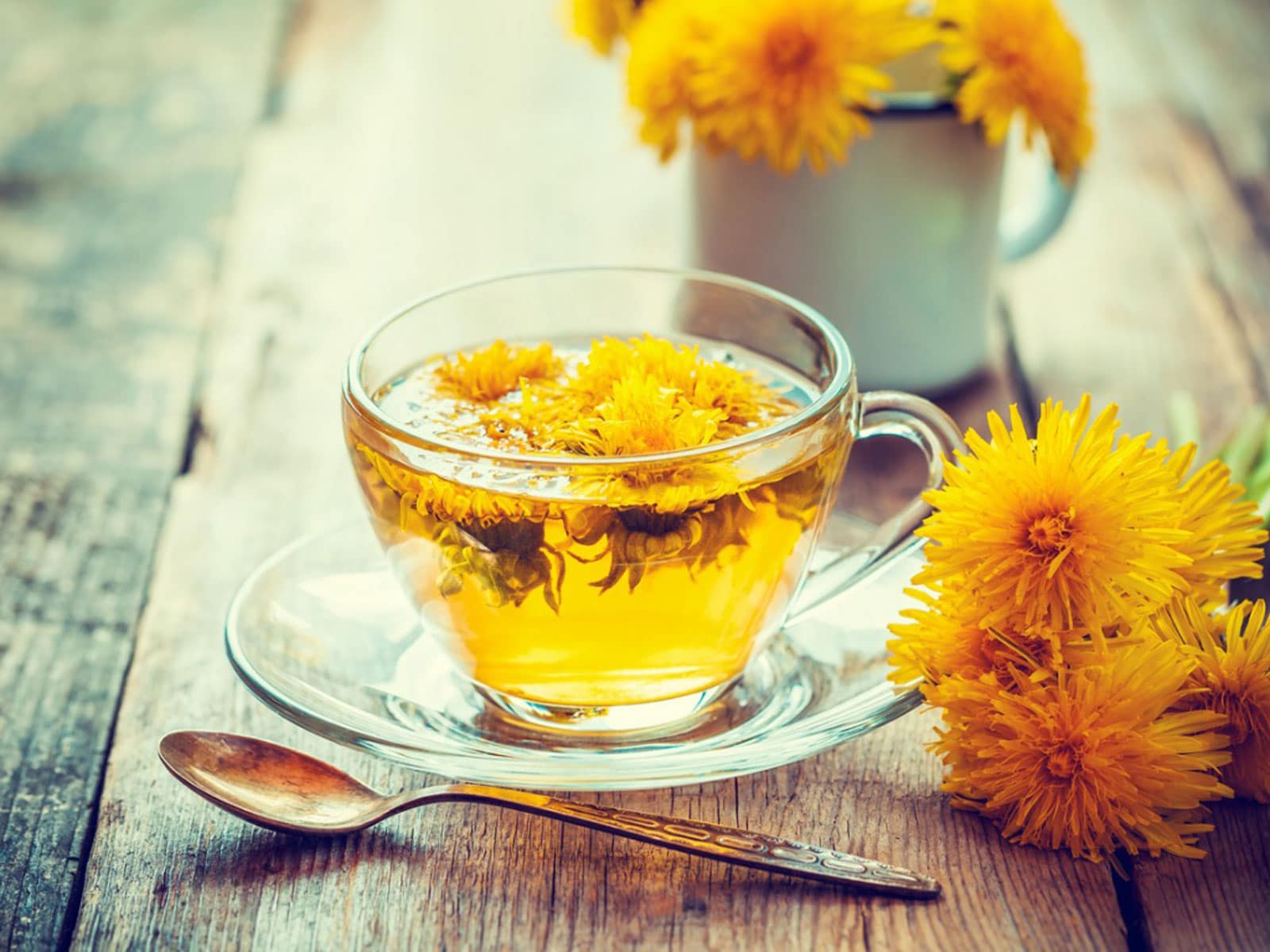Backyard medicine encompasses a rich tapestry of herbal knowledge, folk remedies, and traditional healing practices that have stood the test of time. From humble kitchen ingredients to botanical treasures found in our own gardens, these natural remedies continue to captivate interest and gain recognition for their efficacy in addressing common ailments and promoting wellness.
Unlike their pharmaceutical counterparts, which often come with a barrage of side effects and dependencies, backyard remedies typically boast minimal adverse reactions and a gentler approach to healing. Whether it’s using peppermint for digestive woes, lavender for stress relief, or ginger for nausea, these natural remedies offer accessible and affordable solutions to everyday health concerns.

Dandelion Root
Dandelion root, often considered a nuisance in lawns, holds a treasure trove of health benefits. Traditionally used in herbal medicine, dandelion root is prized for its ability to support liver health and aid digestion. Rich in antioxidants, vitamins, and minerals, dandelion root stimulates bile production, promoting efficient digestion and detoxification. Its diuretic properties help flush out toxins from the body and reduce water retention.
Dandelion root also exhibits anti-inflammatory properties, potentially beneficial for conditions like arthritis and digestive disorders. Whether consumed as a tea, tincture, or supplement, dandelion root offers a gentle yet effective approach to maintaining overall health and well-being. However, individuals allergic to ragweed or related plants should exercise caution, as they may experience allergic reactions. Consulting a healthcare professional before incorporating dandelion root into one’s wellness routine is advisable, particularly for those with existing medical conditions or taking medications.
